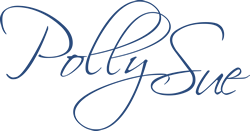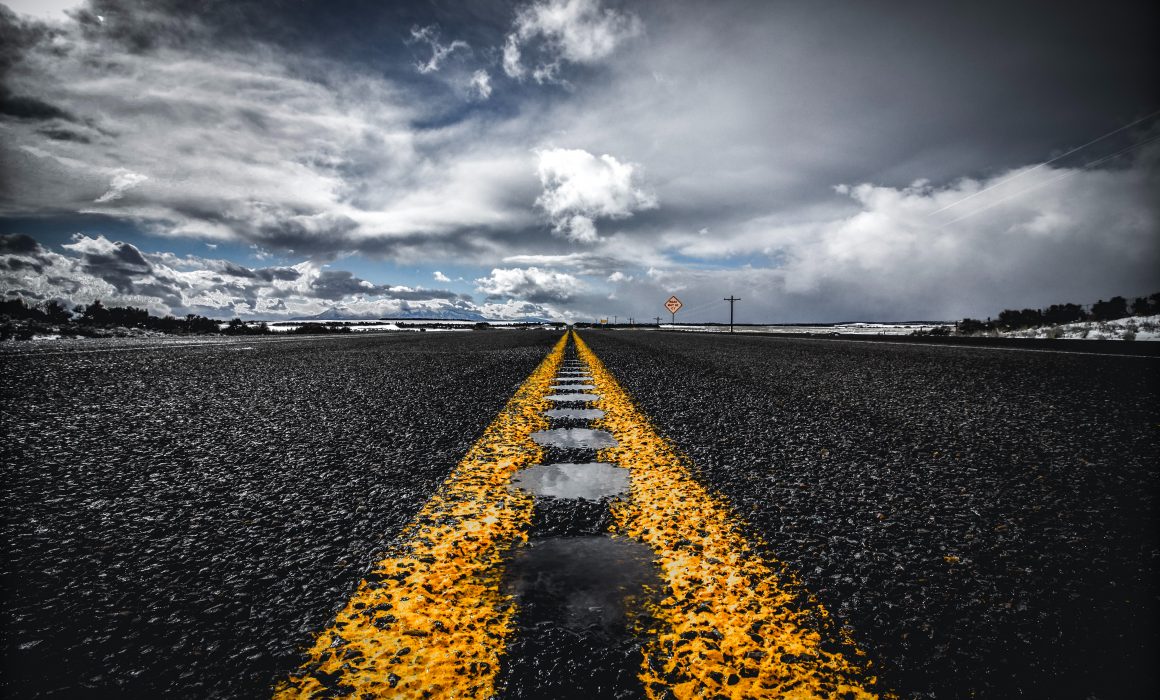New-topia
It probably comes as no surprise that I love Dystopian fiction. I loved teaching “The Lord of the Flies” and “Animal Farm” (among others), and Cormac McCarthy’s “The Road” still tops my Greatest Books of All Time list (wait, you don’t have a favorite books list? Just me? Weird).
This genre allows readers to question things like: Is there such a thing as a perfect world? In a perfect world, is fair equal? Why are people often resistant to change? How important is individuality? Is the disappearance of individuality a concern? When is it best to conform to the wishes of others? What factors, both positive and negative, come along with conformity? Do people need choices? Will technology cause us to redefine what it is to be human? Why might books be considered dangerous? Why might television be considered dangerous? Who controls you? Is fear the mother of conformity? Is laziness? Is there a lack of education? How dangerous is genetic modification? How can one person’s utopia be another person’s dystopia?
More than ever, 2020 feels like we are living a dystopian novel — from the embattled Presidential election to the social justice movements driven by #BLM, to the hit HULU interpretation of Margaret Atwood’s “The Handmaid’s Tale”, life seems to be imitating art everywhere we look. Even something as mundane and traditional and ordinary as school is changed due to the novel Coronavirus COVID19. I have already seen some common Dystopian themes emerging: our disregard for environmental issues will lead to serious future problems regarding the in-habitability of our planet; our growing tendency to connect with people through the internet will lead to future problems with face to face communication; technology is outpacing humanity’s ability to responsibly understand or apply it; television is already controlling people; and, at worst, future generations will not read books.
I have said from the beginning that The ‘Rona is Mother Nature’s response to systems out of order. Climate, Transportation, Politics, The Decline of the American Family, Entertainment, Hospitality, Recreation, Religion, Education — all have been challenged by the mandates and limitations put upon us in an effort to flatten the curve and slow the spread of the virus. It’s all everyone is talking about and how we can, should, are able to adapt to save lives. Every facet of our lives has been impacted from the way we grocery shop to the way we recreate. MLB was canceled — sort of. No Boys of Summer. A burgeoning of take-out and meal delivery services. New expressions have entered our everyday language such as “social distancing” and “quarantine” and “zoom meeting” and — in education — “pivot”. Social media is overrun with debates on the merits of wearing a mask (and, if pro, what kind is best and/or fashionable), and now the anticipation of a vaccine and whether or not it is too soon to trust the safety of receiving it. Debates over whether or not the governor of a state can require an individual to wear a mask for the greater good or if that is stripping away a personal freedom. I can’t help but chuckle at the same people who shout, “My Body! My Choice!” are the same ones shaming others for not wanting to mask up. And conversely. Interesting times we live in.
And the resiliency of the human spirit. I am impressed with those who have been able to adapt without complaint, and more with those who have embraced the challenges and found a way to thrive. I see this in schools. For decades we have been told that children cannot learn well online. And yet, in response to the restrictions and mandates, we find ourselves not just managing this new paradigm but conquering. I teach at a boarding school with students attending from all over the world. Currently, we have students commuting daily, students living in dorms, and students attending asynchronously while living in home countries. Some of our on-campus students attend classes in person, and others attend remotely via Zoom. On any given day we have students and faculty who need to self-quarantine due to risk of exposure or have tested positive for COVID19, yet learning continues without missing a step. Teachers are creating more engaging units of study requiring a deep dive into a topic rather than worksheets and busywork. Students are encouraged to manage their time and work independently as needed. There is more personalized learning and project-based learning. With a heavy reliance on tech, teachers and students are able to adapt quickly and PIVOT when the technology fails, such as our recent 3-day power outage. With our faces covered, there is more purposeful and direct communication since we can no longer rely on the nuance of facial expressions and body language. Teachers have adopted more authentic assessments for standards mastery since traditional tests and quizzes are difficult to administer remotely. More writing across the curriculum. These teachers are the Divergent.
If you’re not familiar with the YA novels in the Divergent series by Veronica Roth, Divergent takes place in a society where all citizens are sorted into five factions based on their dominant personality trait: The selfless are sent to Abnegation, the intellectual to Erudite, the kind to Amity, the honest to Candor, and the brave to Dauntless. Those individuals possessing strengths in more than one area (or all 5) are called the Divergent and they, supposably, will be the ones to save humanity. These books and movies are universally loathed, but now that I’m living in this weird school experiment, I can’t help but feel like we are being tested and sorted based on our dominant personality traits. For example, one might suppose that those working in healthcare are the Abnegation, Dr. Fauci and the scientific community are the Erudite, the social justice reformers are the Amity, (I’m not sure who the Candor are, exactly, but probably some of the voices of reason that rise above the political spectacle), and the Dauntless are those who face all these challenges head-on. Teachers, however, are Divergent: we are called every day to be a little Abnegation, Erudite, Amity, Candor, and Dauntless. The teachers who are not flexible thinkers and able to adapt and PIVOT quickly are the most frustrated, the most overwhelmed, and the most at risk of failure — for themselves and their students. bell hooks warned of this when she said, “many teachers who do not have difficulty releasing old ideas may still be resolutely attached to the old ways of teaching…even those of us who are experimenting with progressive pedagogical practice still are afraid to change.” But if we don’t, we will be crippling a generation of students. We need to thrive in this dystopian system. And many of us are.
At the end of my Dystopian Fiction unit, the final assessment asked for students to utilize digital resources to explore and research real-world issues that serve to characterize a futuristic society and convey theme. School in 2020 is the most authentic assessment of this task.



